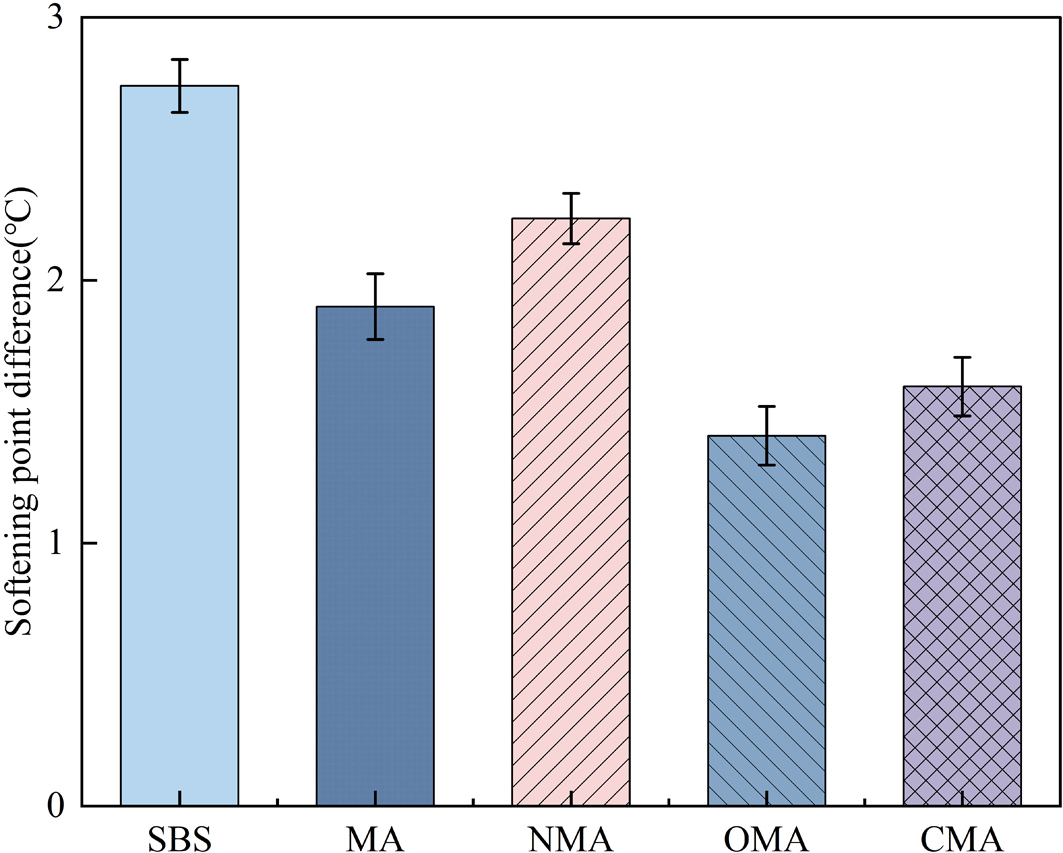Evaluation of different functionalized multi-walled carbon nanotubes (MWCNTs) modified asphalts
1
School of Traffic and Transportation Engineering, Changsha University of Science and Technology, China
2
Changsha University of Science & Technology, National Engineering Research Center of Highway Maintenance Technology, China
Submission date: 2023-10-22
Final revision date: 2024-01-27
Acceptance date: 2024-03-05
Publication date: 2024-12-04
Corresponding author
Tangxin Xie
School of Traffic and Transportation Engineering, Changsha University of Science and Technology, 410004, Changsha, China
School of Traffic and Transportation Engineering, Changsha University of Science and Technology, 410004, Changsha, China
Archives of Civil Engineering 2024;70(4):307-322
KEYWORDS
modified asphaltmulti-walled carbon nanotubeshigh and low temperature characteristicsfatigue propertiesanti-aging performance
TOPICS
ABSTRACT
To improve the aging resistance and prolong the service life of asphalt pavement, this study utilized modified multi-walled carbon nanotubes (MWCNTs) functionalized with carboxyl (MWCNTs-COOH), hydroxyl (MWCNTs-OH), and amino (MWCNTs-NH2) groups. These nanotubes were incorporated into SBS-modified asphalt at a concentration of 1%. The study sought to examine the impact of MWCNTs and their functional groups on asphalt's rheological and anti-aging characteristics, alongside exploring their modification mechanisms. The findings indicated that rheological tests showed that MWCNTs/SBS composite-modified asphalt, particularly MWCNTs-OH/SBS, exhibited remarkable resistance to high-temperature deformation, a crucial characteristic for asphalt performance in hot climates. Nevertheless, it is important to note that the addition of MWCNTs led to an increase in asphalt's creep strength and creep rate, which could potentially reduce its resistance to low-temperature cracking. However, the covalent functionalization of MWCNTs mitigated these adverse effects on low-temperature performance. Moreover, the inclusion of MWCNTs in asphalt served as a barrier, impeding the penetration of oxygen molecules and ultraviolet radiation into the asphalt matrix. This proved to be an effective means of inhibiting the aging process, a critical factor in extending the service life of asphalt pavement. Among the different formulations of MWCNTs modified asphalt, the MWCNTs-OH/SBS composite-modified asphalt exhibited notably effective anti-aging properties. Both rheological and anti-aging evaluations demonstrated that hydroxyl functional groups played a pivotal role in enhancing performance, chiefly by fostering interactions with asphalt molecules.
We process personal data collected when visiting the website. The function of obtaining information about users and their behavior is carried out by voluntarily entered information in forms and saving cookies in end devices. Data, including cookies, are used to provide services, improve the user experience and to analyze the traffic in accordance with the Privacy policy. Data are also collected and processed by Google Analytics tool (more).
You can change cookies settings in your browser. Restricted use of cookies in the browser configuration may affect some functionalities of the website.
You can change cookies settings in your browser. Restricted use of cookies in the browser configuration may affect some functionalities of the website.




